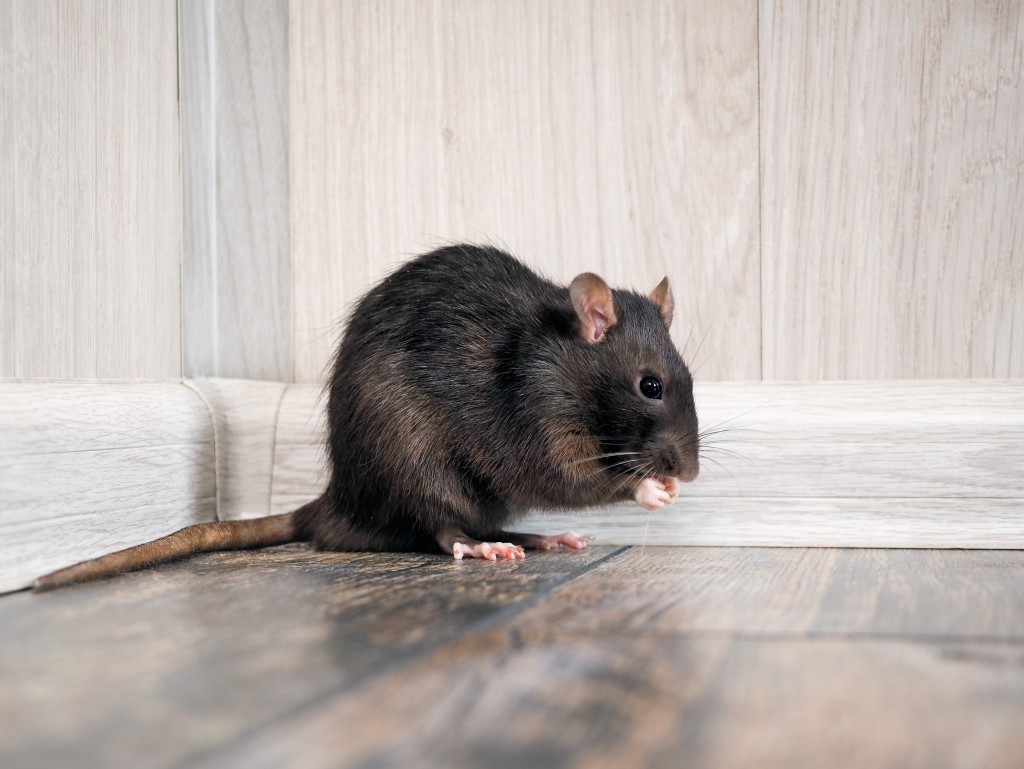Gardening has become a common hobby for many Americans. It’s estimated that about 30 million Americans have taken up vegetable gardening, and a lot more have done gardening in general. It’s a great hobby to do that produces excellent yields. However, there is one thing that can ruin your garden faster than anything else: pests.
Pests are a huge problem in the United States. The FAO estimates that about 40 percent of all crop loss worldwide is due to pests. That means that every year, pests cost American farmers billions of dollars. And your garden is not safe from them either. There are a lot of different types of pests that can infest your garden, but here are five of the most common ones:
Aphids
Aphids are small, soft-bodied insects that people can find in nearly every color imaginable. They’re commonly found on the undersides of leaves and new growth. Aphids feed by sucking plant juices from leaves and stems, which can cause distortion and stunted growth. They also produce honeydew, which can attract other pests and promote the growth of sooty mold.
To get rid of aphids, you can use insecticidal soap, neem oil, or horticultural oil. You can also try using ladybugs, which are natural predators of aphids.
Caterpillars
Caterpillars are the larvae of moths and butterflies. They’re usually green or brown and have long, segmented bodies. Caterpillars feed on leaves and can cause a lot of damage to a plant in a short amount of time. They’re especially damaging to young plants.

To get rid of caterpillars, you can use Bacillus thuringiensis (BT) or handpick them off your plants. You can also try using parasitic wasps, which lay their eggs inside caterpillars. Professional services can also help get rid of caterpillars. A local lawn care service can ensure that caterpillars aren’t destroying your plants. They can also ensure that they don’t come back to your garden.
Cutworms
Cutworms are the larvae of several different types of moths. They’re usually brown or black and have a smooth, cylindrical body. Cutworms get their name from their habit of cutting off young plants at the base of the stem. This can kill the plant.
To get rid of cutworms, you can use BT or handpick them off your plants. You can also try using diatomaceous earth, a type of fossilized algae that cuts through the exoskeleton of insects.
Rats
Rats are rodents that can grow up to 18 inches long, not counting the tail. They’re usually brown or black and have a long, naked tail. Rats are omnivorous, which means they’ll eat just about anything. This includes your garden plants. Rats can cause a lot of damage to your garden, and they’re also known to carry diseases.
To get rid of rats, you can use traps or poison. But you should be careful, as rat poison can be dangerous to humans and pets. You should also try eliminating their food sources, such as garbage and pet food. You can also try using owls, which are natural predators of rats, and cats can also help keep rats away.
Slugs
Slugs are slimy creatures that lack a shell. They’re usually gray or brown and can grow up to four inches long. Slugs feed on leaves, flowers, and fruit. They’re especially damaging to young plants.
Slugs can be challenging to eliminate because they’re nocturnal creatures that hide during the day. But you can try using beer traps, diatomaceous earth, or salt. You can also try handpicking them off your plants.
These pests can be problematic for your garden. The best treatment is to prevent them from infiltrating your garden in the first place. Consider these options:
Install Fences
You can keep pests like rats and deer out of your garden with a fence. A fence can also keep out more minor pests, such as rabbits and groundhogs. Ensure the wall is tall and buried underground to prevent pests from tunneling.
Pest Resistant Plants
Some plants are resistant to pests. Consider planting these in your garden:
Alliums (onions, garlic, leeks, and chives)
- Catnip
- Marigolds
- Mint
- Peppermint
- Rosemary
- Thyme
Use Mulch
Mulch can help prevent pests by keeping the ground moist and cool. This makes it difficult for insects to survive. Mulch can also deter animals from digging in your garden.
There are many different types of mulch, so choose one that’s best for your garden. Some options include:
- Bark chips
- Compost
- Leaves
- Pine needles
- Straw
As you can see, there are a lot of different types of pests that can infest your garden. But by being aware of them and taking the proper precautions, you can avoid having problems with them in your garden.

